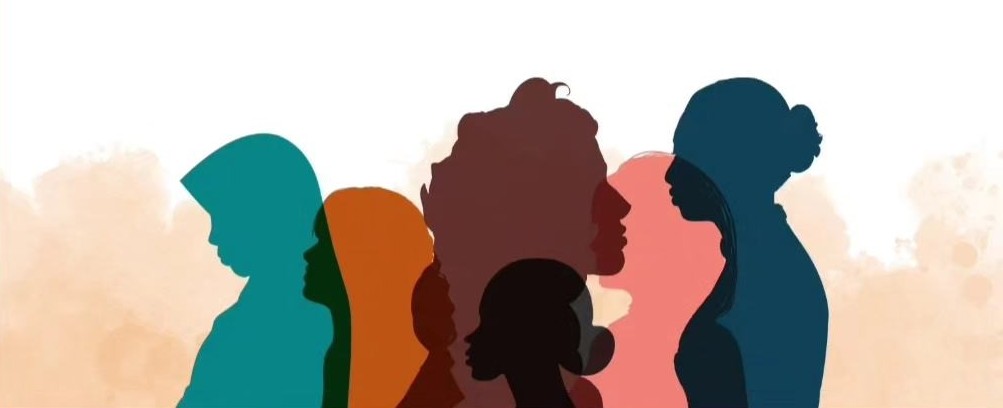
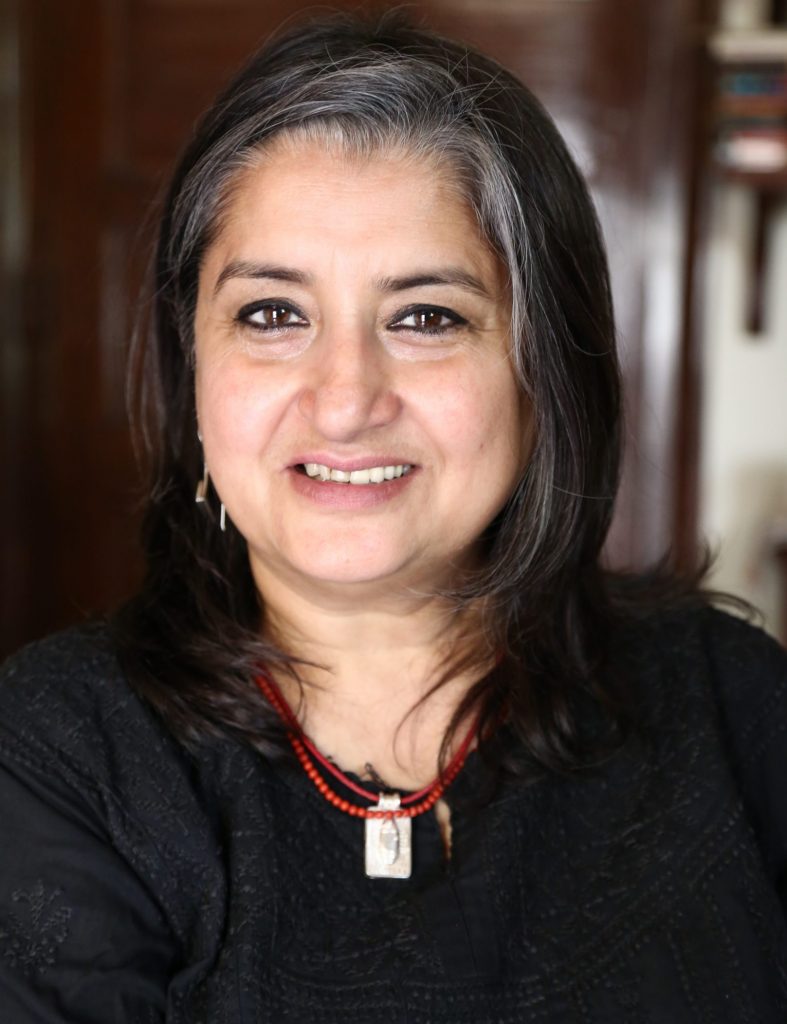
Women’s safety is a cornerstone for women’s empowerment. When women are free from the constant fear of harassment or violence, they can pursue education, careers, and leadership roles with unwavering determination. This security fosters self-confidence, personal growth, and the ability to make choices aligned with their aspirations, ultimately setting the stage for a more equitable, prosperous society.
Violence against women in India includes domestic violence, sexual harassment at the workplace, dowry-related abuse, honour killings, child marriage, human trafficking, acid attacks, cyberbullying, and more. Addressing these multifaceted challenges requires comprehensive legal reforms, public awareness campaigns, and a shift in societal attitudes towards gender equality and women’s rights.
Founded in 1992 with the vision to end gender-based violence for all, Sakshi, a not-for-profit organisation, has been working for over three decades, challenging patriarchal norms and practices that further intersectional inequalities and widen the gender gap. Our programmes are informed and designed based on research and evidence-based data from the field that has worked towards strengthening systemic mechanisms and enabling preventive interventions for ‘everyday equality’.
The initial years of our work included helping women secure redressals for gender-based violence and filing Public Interest Litigations (PILs) to address gender-based violence. Our two landmark PILs – ‘Vishaka Vs. State of Rajasthan’ and ‘Sakshi Vs. Union of India’ paved the way for several gender-based laws, including the Protection of Children from Sexual Offences Act, 2012 and the Sexual Harassment at Workplace (Prevention, Prohibition and Redressal) Act (PoSH) 2013.
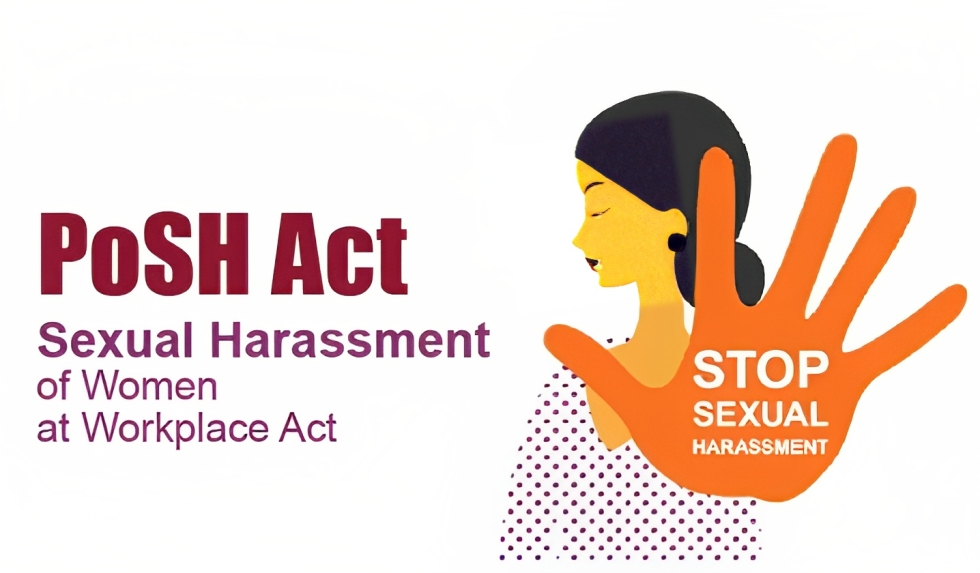
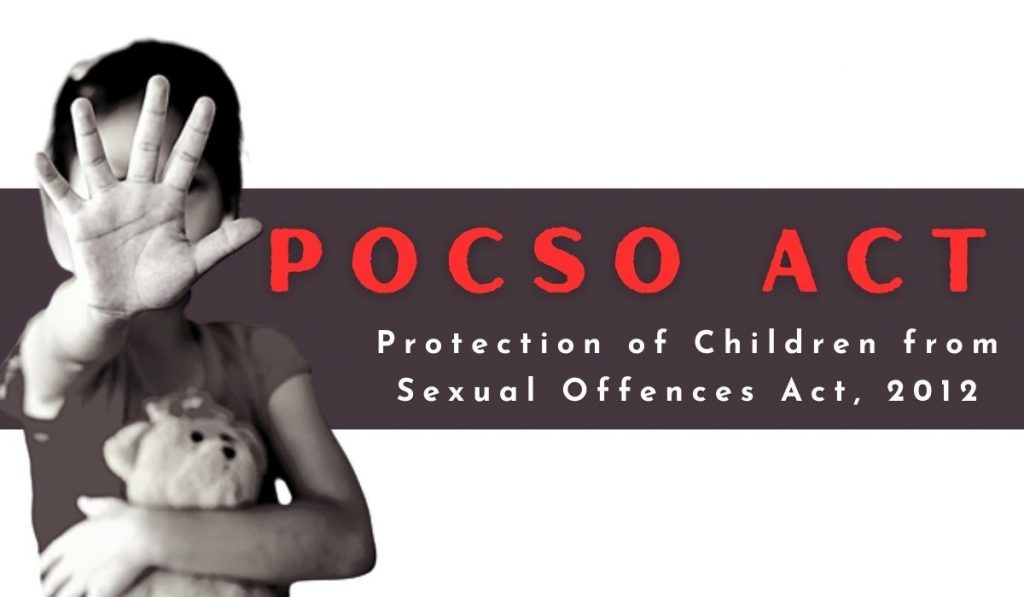
Founded in 1992 with the vision to end gender-based violence for all, Sakshi, a not-for-profit organisation, has been working for over three decades, challenging patriarchal norms and practices that further intersectional inequalities and widen the gender gap. Our programmes are informed and designed based on research and evidence-based data from the field that has worked towards strengthening systemic mechanisms and enabling preventive interventions for ‘everyday equality’.
To address the bias in gender-related laws by the Indian judiciary, we spearheaded gender-equality education for the judiciaries of India, Pakistan, Nepal, Bangladesh and Sri Lanka under the Asia-Pacific Advisory Forum for Judicial Education. Through our workshops, we provided a platform for women to share their experiences of violence and the challenges they face while seeking justice. We also raised awareness among those in positions of power who make decisions that affect women’s lives. The ten-year programme was crucial in mainstreaming Gender Equality Education in the judiciary and came to be recognised as a ‘Best Practice’ Model by the United Nations Entity for Gender Equality and the Empowerment of Women, also known as UN Women, in 2001.
Consolidating our work in the thematic areas of gender (sexuality and violence), we continue the fight against gender-based violence and child sexual abuse through various initiatives.
The Rakshin Project – A Unique Systemic Intervention
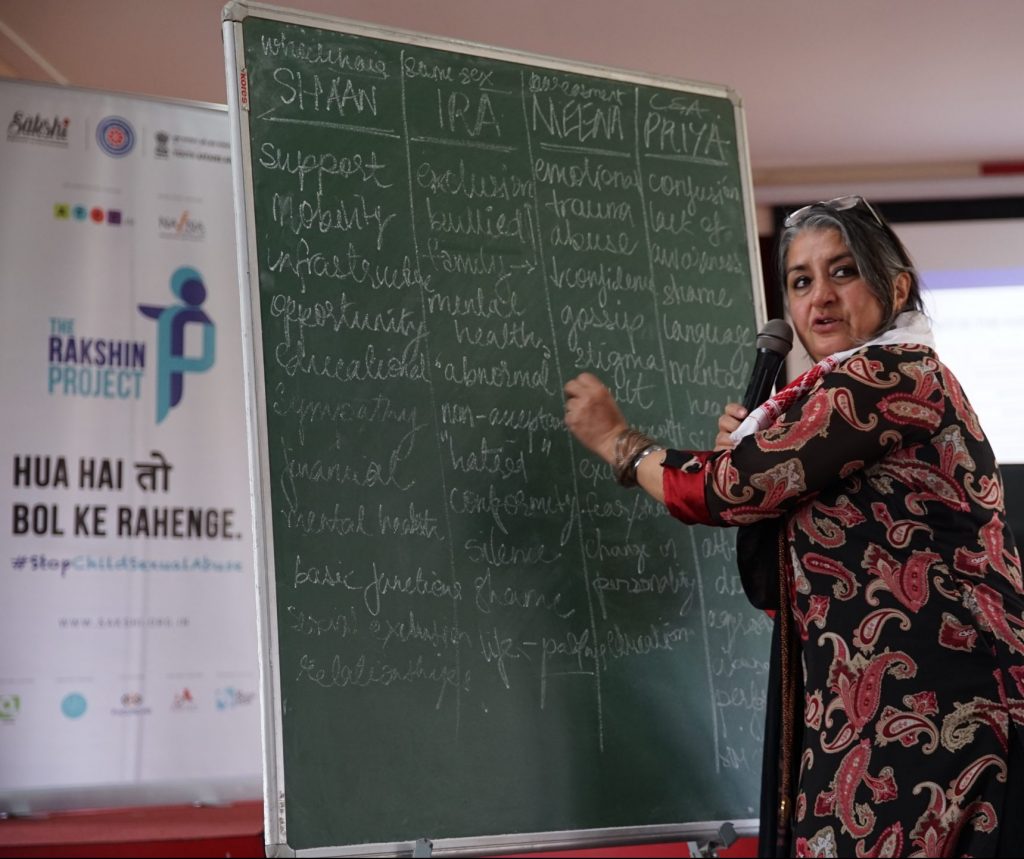 The Rakshin Project is a gender-transformative initiative to prevent child sexual abuse and build a brigade of young adults equipped with 21st-century life skills to practice rights-based language and gender equality under the directive of the Directorate of NSS, Ministry of Youth Affairs and Sports, GoI. The purpose of The Rakshin Project is to have one informed, skill-built Rakshin (Preventor) in each home who will recognise and lead
The Rakshin Project is a gender-transformative initiative to prevent child sexual abuse and build a brigade of young adults equipped with 21st-century life skills to practice rights-based language and gender equality under the directive of the Directorate of NSS, Ministry of Youth Affairs and Sports, GoI. The purpose of The Rakshin Project is to have one informed, skill-built Rakshin (Preventor) in each home who will recognise and lead 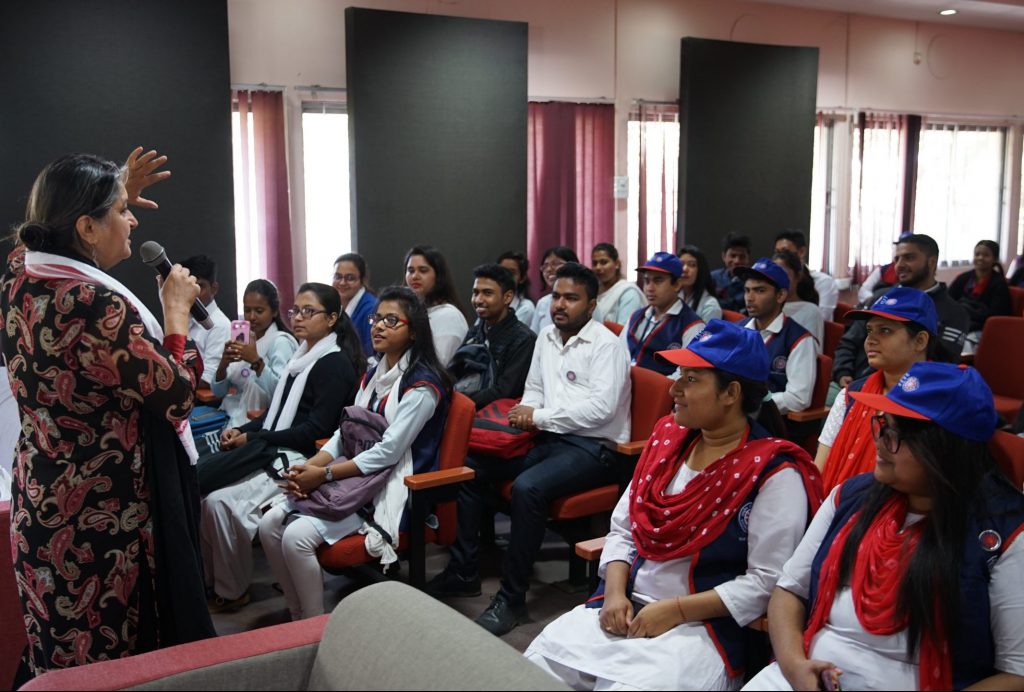 conversations around sexually abusive behaviour.
conversations around sexually abusive behaviour.
- Address the abuser and call out the prohibited behaviour.
- Identify allies and secure the child in instances of abuse.
- Deescalate the situation and create safe spaces.
- Resolve residual trauma.
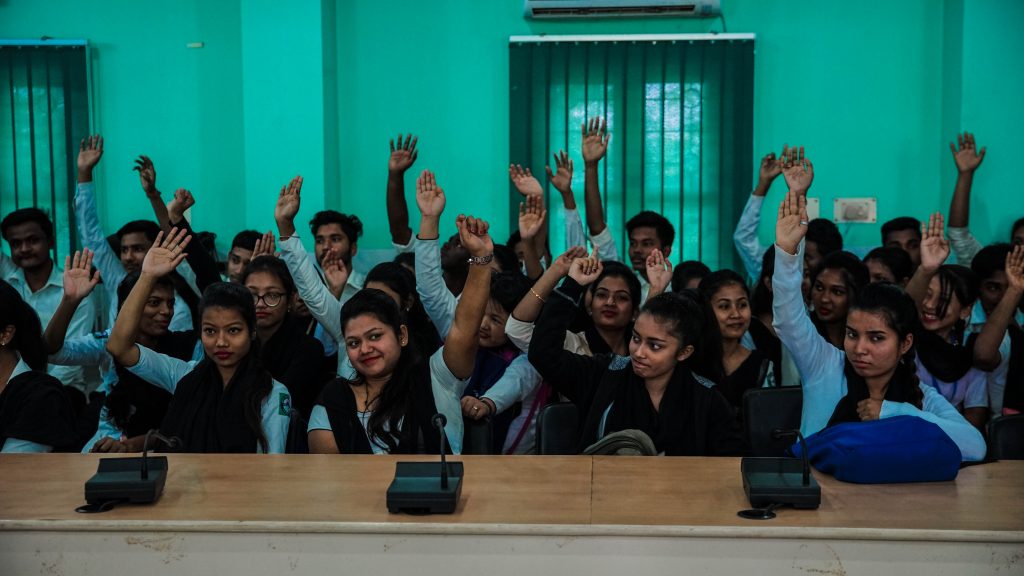 This programme which aims to build the capacities of youth as catalysts of change to secure homes from child sexual abuse, drive collective action in the community and help create safe spaces for women and children, has reached 50,000 students in 800 colleges across India.
This programme which aims to build the capacities of youth as catalysts of change to secure homes from child sexual abuse, drive collective action in the community and help create safe spaces for women and children, has reached 50,000 students in 800 colleges across India.
As one of the implementing partners, we are executing the WSAF programme in 39 tea gardens in Darjeeling and 25 tea gardens in Tamil Nadu and Kerala. By reaching out to about 15,000 workers, 200 management staff, and 395 change agents, we continue to further the programme’s commitment towards building multi-sectoral engagement in the tea estates. Capacity building of the adolescents as change agents was also done to help sustain the programme years after our team left the tea estates. This continuous engagement resulted in us setting up and training the Internal Committees in 23 tea gardens and building the capacity of 213 members of the Internal Committee.
Implementing Partner for Women Safety Accelerator Fund (WSAF)
We believe that the way forward to addressing the challenges of gender disparity and violence against women and children lies in effecting systemic change through collective and collaborative action. We continue to partner with other organisations using a multi-stakeholder approach to build synergies. Being part of the Women Safety Accelerator Fund (WSAF) as one of its implementing partners is a step in this direction.
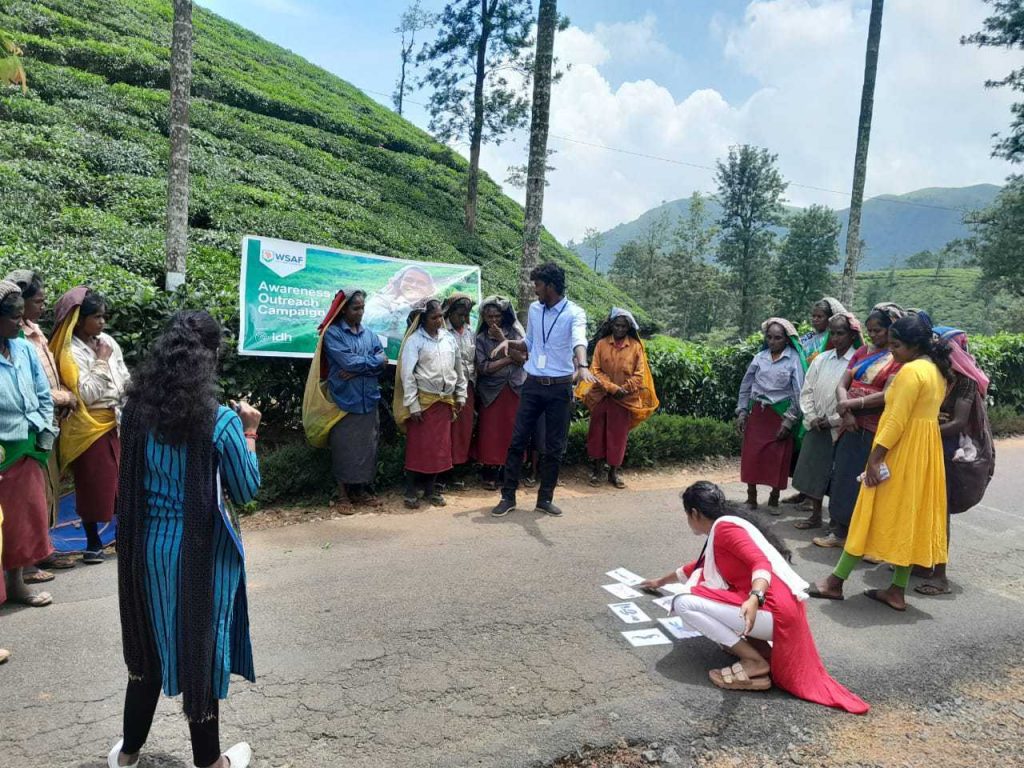 The Women Safety Accelerator Fund (WSAF) is a pathbreaking gender-transformative programme that is executed by five implementing partners including Sakshi to address gender-based violence in the tea gardens in India. The goal of the Women Safety Accelerator Fund (WSAF) is to advance the scale of the UN Women Global Women’s Safety Framework in rural spaces which aims to ensure that ‘all women and
The Women Safety Accelerator Fund (WSAF) is a pathbreaking gender-transformative programme that is executed by five implementing partners including Sakshi to address gender-based violence in the tea gardens in India. The goal of the Women Safety Accelerator Fund (WSAF) is to advance the scale of the UN Women Global Women’s Safety Framework in rural spaces which aims to ensure that ‘all women and 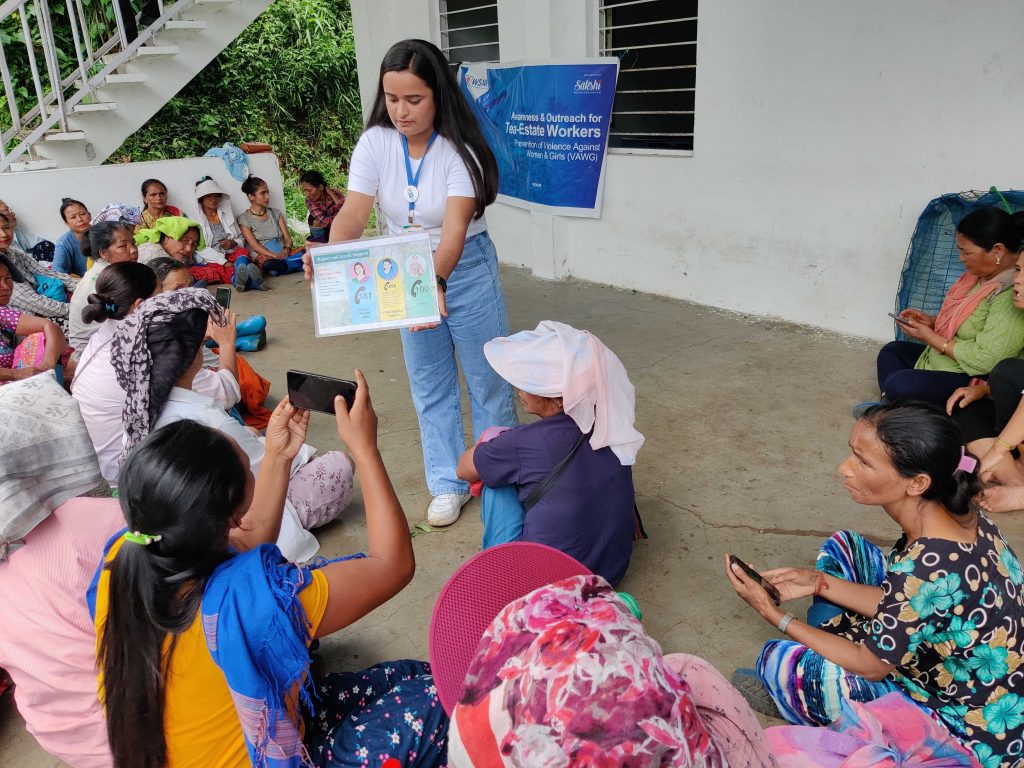 girls are socially, economically, and politically empowered in rural spaces that are free from sexual harassment and other forms of violence’.
girls are socially, economically, and politically empowered in rural spaces that are free from sexual harassment and other forms of violence’.
As one of the implementing partners, we are executing the programme in 39 tea gardens in Darjeeling and 25 tea gardens in Tamil Nadu and Kerala. By reaching out to about 15,000 workers, 200 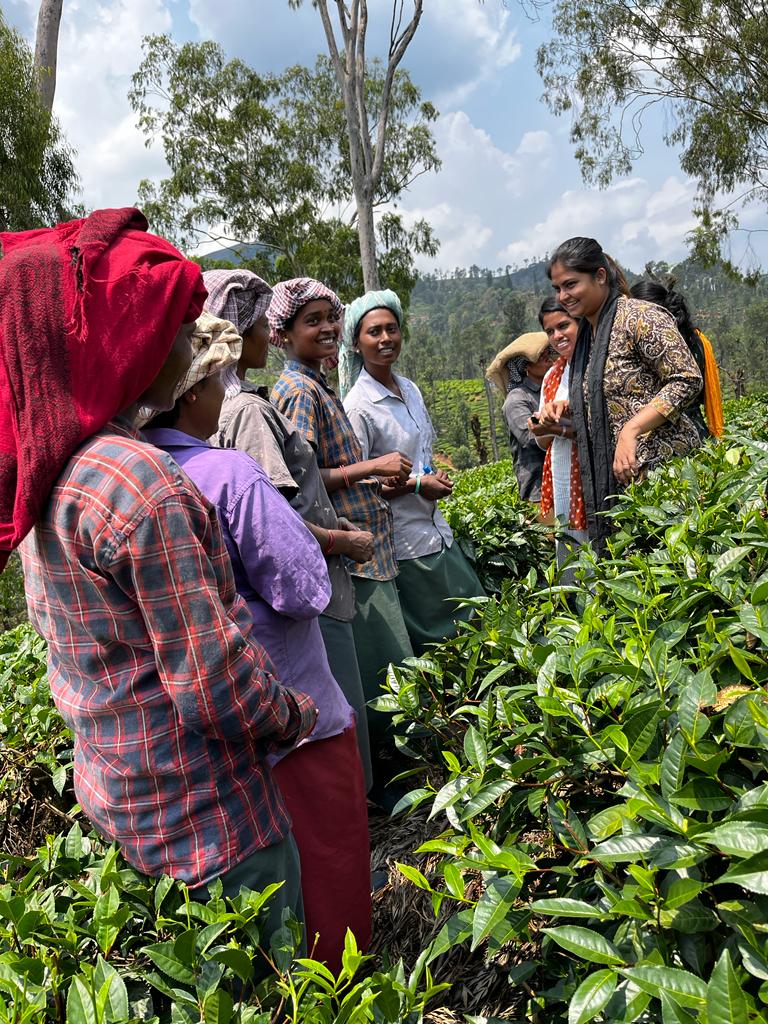 management staff, and 395 change agents, we continue to further the programme’s commitment towards building multi-sectoral engagement in the tea estates.
management staff, and 395 change agents, we continue to further the programme’s commitment towards building multi-sectoral engagement in the tea estates.
Capacity building of the adolescents as change agents was also done to help sustain the programme years after our team left the tea estates. This continuous engagement resulted in us setting up and training the Internal Committees in 23 tea gardens and building the capacity of 213 members of the Internal Committee.
As an implementing partner for WSAF, we have carried 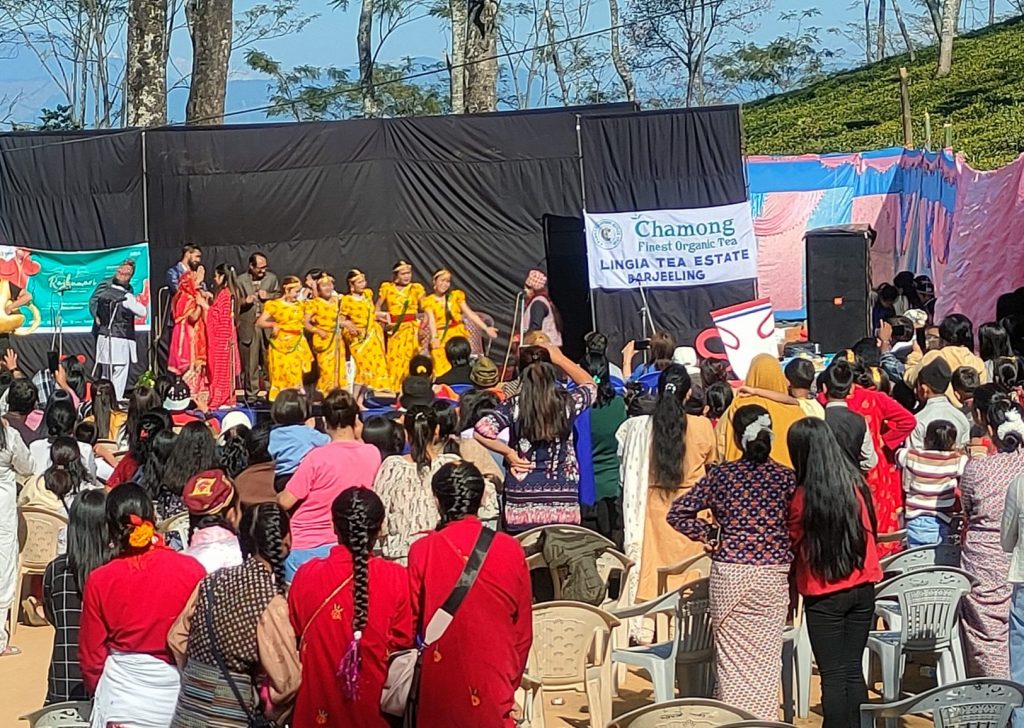 out safety audits with change agents to assess the safety of women workers around the tea gardens where they work. In carrying out these safety audits, the team uses board games, safety walks, and questionnaires to evaluate their safety. It is through these key findings of the safety audit that we have attempted to implement, improve and sustain the programme. Additionally, we organised rallies, nukkad nataks, and a series of mega theatre performances, which enabled us to reach over 20,000 community members.
out safety audits with change agents to assess the safety of women workers around the tea gardens where they work. In carrying out these safety audits, the team uses board games, safety walks, and questionnaires to evaluate their safety. It is through these key findings of the safety audit that we have attempted to implement, improve and sustain the programme. Additionally, we organised rallies, nukkad nataks, and a series of mega theatre performances, which enabled us to reach over 20,000 community members.
In just over a year, SBOX led national campaigns for various ministries – ‘Bhashasangam’ for the Ministry of Human Resources Development to promote diversity, ‘BetiBachaoBetiPadhao’ for the Ministry of Women & Child Development to promote equality, ‘#YesToPOSH’ for the National Commission for Women to promote Prevention of Workplace Sexual Harassment, and ‘#MakeHomeASafeSpace’ as part of The Rakshin Project. Through the creation of 12 films, three music videos, five songs, and four influencer campaign films, SBOX has maintained its focus on promoting gender equality and fostering safe spaces for all.
SBOX by Sakshi – Enacting Change Through Performance
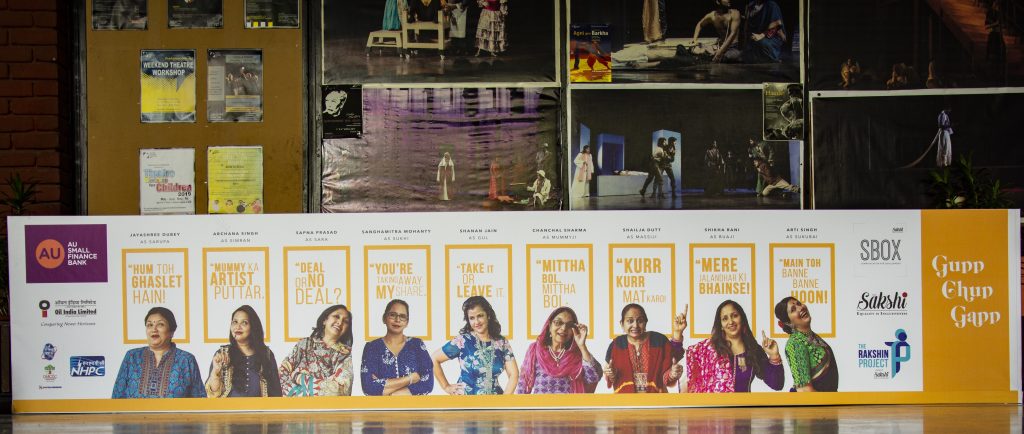 Over the years, our expertise in social art interventions and communication for development gave birth to SBOX in 2019. Empanelled with the National Film Development Corporation, SBOX is a communication for development vertical,
Over the years, our expertise in social art interventions and communication for development gave birth to SBOX in 2019. Empanelled with the National Film Development Corporation, SBOX is a communication for development vertical, 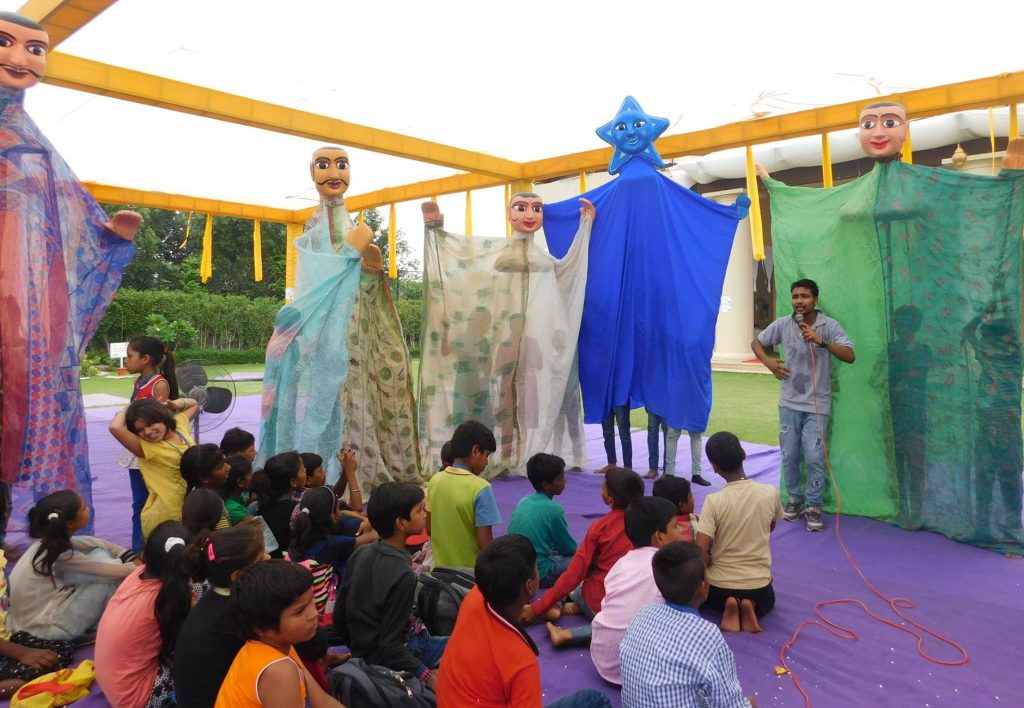 focused on design and content for social impact.
focused on design and content for social impact.
In just over a year, SBOX led national campaigns for various ministries – ‘Bhashasangam’ for the Ministry of Human Resources Development to promote diversity, ‘BetiBachaoBetiPadhao’ for the Ministry of Women & Child Development to promote equality, ‘#YesToPOSH’ for the National Commission for Women to promote Prevention of Workplace Sexual Harassment, and ‘#MakeHomeASafeSpace’ as part of The Rakshin Project. Through the creation of 12 films, three music videos, five songs, and four influencer campaign films, SBOX has maintained its focus on promoting gender equality and fostering safe spaces for all.
Our commitment to empowering women, challenging gender norms, and combating violence remains unwavering. Looking ahead, we remain steadfast in ending gender-based violence and child sexual abuse. We aspire to be the catalyst that ignites transformation, creating safe spaces where people’s mindsets are not bound by prejudice, but instead are rooted in the principles of equality and respect. At Sakshi, we remain committed to creating a world free from sexual violence and discrimination. Together, we can make a difference, and build a safe and just society for generations to come.

